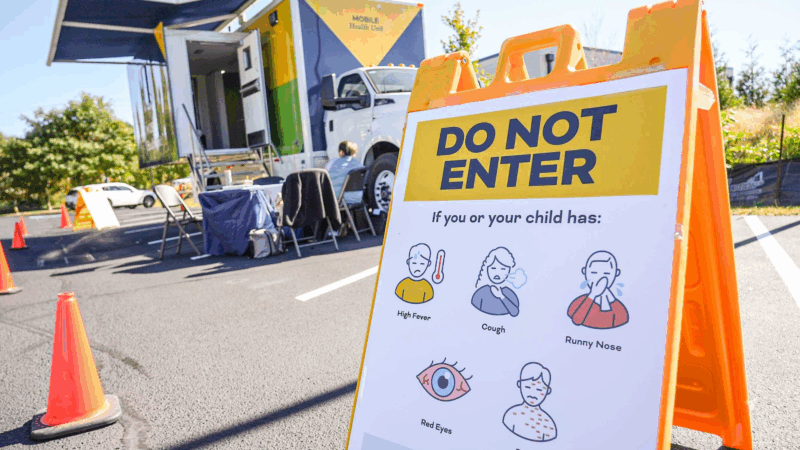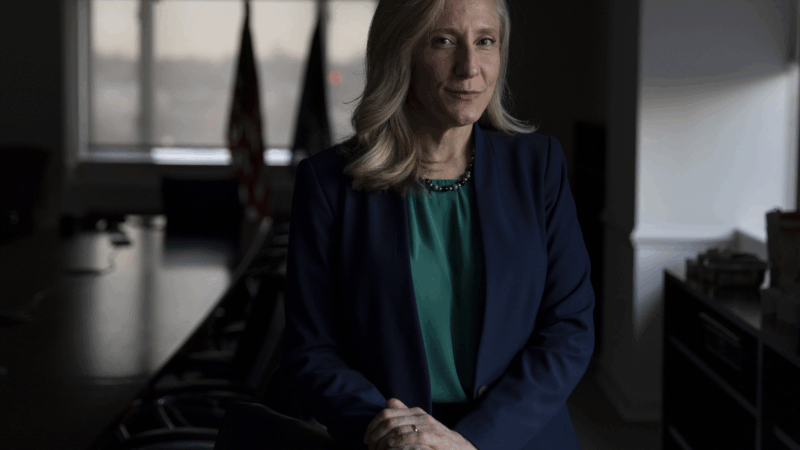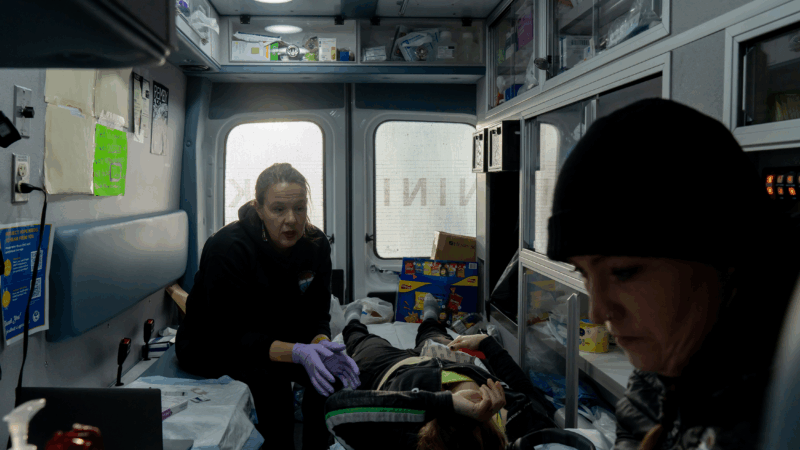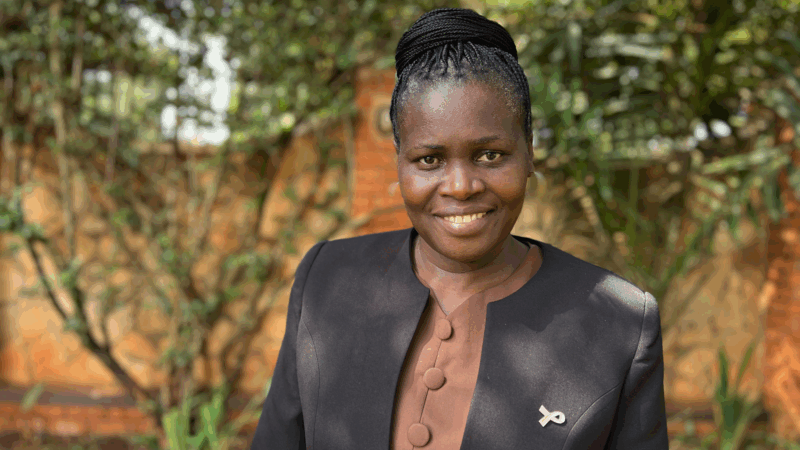Why Metro Birmingham Homicides Are Up
Metro Birmingham had a streak last fall: eight killings in six days. The rash of homicides stretched from Hueytown to Homewood to Tarrant. The area’s murder rate rose in 2017 for the third consecutive year. Government and law enforcement officials in Birmingham and Jefferson County say there are challenges to what some have dubbed a crisis.
Sometimes, unintended targets are struck by bullets meant for someone else. And in many cases, the victim knows the suspect, like the case of Janice Hopkins Stamps in west Jefferson County. She died from gunshot wounds the day after this past Thanksgiving. Her brother, Tommy Hopkins told investigators he shot her when she was fussing at him.
Randy Christian, chief deputy in the Jefferson County Sheriff’s office, says guns and emotions can be a deadly mix.
“When you have guns available and people can’t control their emotions, that’s what you get,” Christian says. “ I think what happens, after it’s over, they wish they could take it back. But in those situations, there are no do overs.”
In 2017, 172 people died violently in Jefferson County, up 14 percent from the previous year. Most of those deaths were in Birmingham.
A.C. Roper, Birmingham’s outgoing police chief, says some challenges go beyond policing.
“Our unemployment rate is much too high. Our poverty rate is much too high. Our high school dropout rate is much too high. So our police department deals with the symptoms of those,” Roper says.
Birmingham Mayor Randall Woodfin says he wants to tackle issues like blight in the city’s highest-crime neighborhoods.
In the meantime, police departments are stretched thin. Roper says Birmingham is short about 100 officers. He says it’s been difficult to recruit replacements for retiring police.
At the same time, the 9-1-1- calls keep coming — about 50,000 a month. Not all of those are for violent crimes. But Roper says the city needs to be safer.
“No it’s not good at all. I think as a community we can do better. These type of things don’t happen in every community,” Roper says.
Birmingham City Councilman Steven Hoyt lives in Belview Heights in west Birmingham. He says for him and many other residents, the sound of gunshots followed by a call to the police is part of life.
“I hear them. I hear them often,” Hoyt says of the gunshots, “and I call often. But by the time they get there, they’re gone. I don’t know the answer to that, other than cameras.”
In Birmingham’s west precinct alone there were hundreds of violent incidents reported last year.
Hoyt says creating safe neighborhoods is a priority for the city council. The city spends almost $900 thousand dollars a year on ShotSpotters. Those are devices that detect gunfire and notify police. But the problem is, they are not everywhere. They cover only 20 square miles of the city.
In the past two years, the city has shut down more than a dozen clubs and stores that were crime hubs — like the Atlantis Entertainment and Event Center in Belview Heights.
“We revoked the business license for that place and the owner has chosen to just let the business stay closed,” Hoyt says.
Police say some crime initiatives are working — like the Metro Area Crime Center, or the MACC, based at the Jefferson County Sheriff’s headquarters.
Officers from more than 20 area police departments watch huge monitors that receive data from a dozen trailers with cameras strategically placed around the county.
Jefferson County Sheriff Captain David Thompson says they’ve caught some criminals in the act. That’s what happened last year when someone robbed a dollar store on Center Point Parkway.
“They ran right past our trailer, so we had good video footage of them. We had them leaving the store, so we actually identified and solved the case from here before the detective ever got out on the scene,” Thompson says.
That’s one time the technology worked to solve a crime. But much more often, it doesn’t work out that way.
Gulf South food banks look back on a challenging year as another shutdown looms
Federal funding cuts and a 43-day government shutdown made 2025 a chaotic year for Gulf South food banks. For many, the challenges provide a road map for 2026.
Measles is spreading fast in S.C. Here’s what it says about vaccine exemptions
More than 550 people have contracted measles in Spartanburg County, S.C., in a fast-growing outbreak. Like a majority of U.S. counties, nonmedical exemptions to school vaccination are also rising.
It took 75 governors to elect a woman. Spanberger will soon be at Virginia’s helm
Abigail Spanberger, a former CIA officer and three-term congresswoman, is breaking long-held traditions on inauguration day. She says she wants her swearing-in to showcase the state's modern vibrancy.
For those with addiction, going into and coming out of prison can be a minefield.
Many jails and prisons around the country don't provide medication treatment for opioid use disorder. Studies show that medication makes recovery more likely and reduces the risk of overdose death.
Trump struck deals with 16 drug companies. But they’re still raising prices this year
All 16 drug companies that inked deals with the Trump administration over the past few months still raised some of their prices for 2026.
This hospice has a bold new mission: saving lives
A hospice in Uganda asked itself: Can we do more than ease the pain of dying? Can we actually prevent deaths from cervical and breast cancer?







